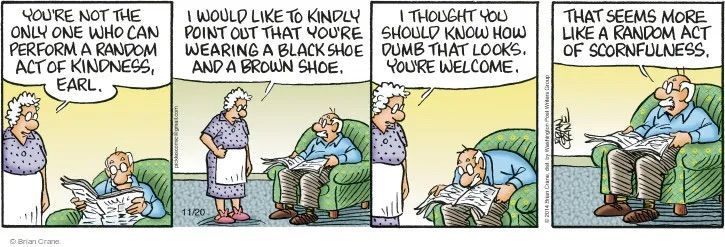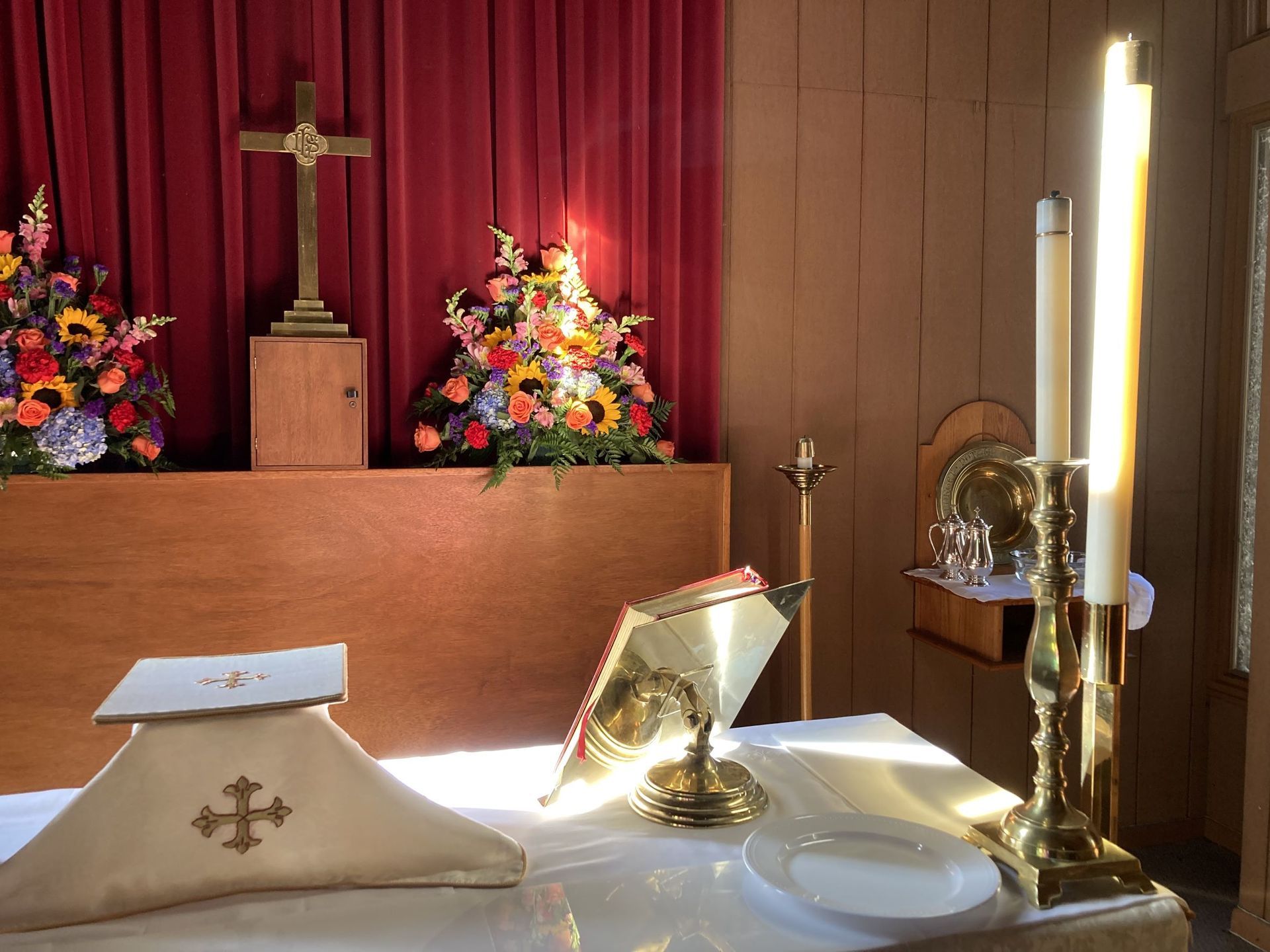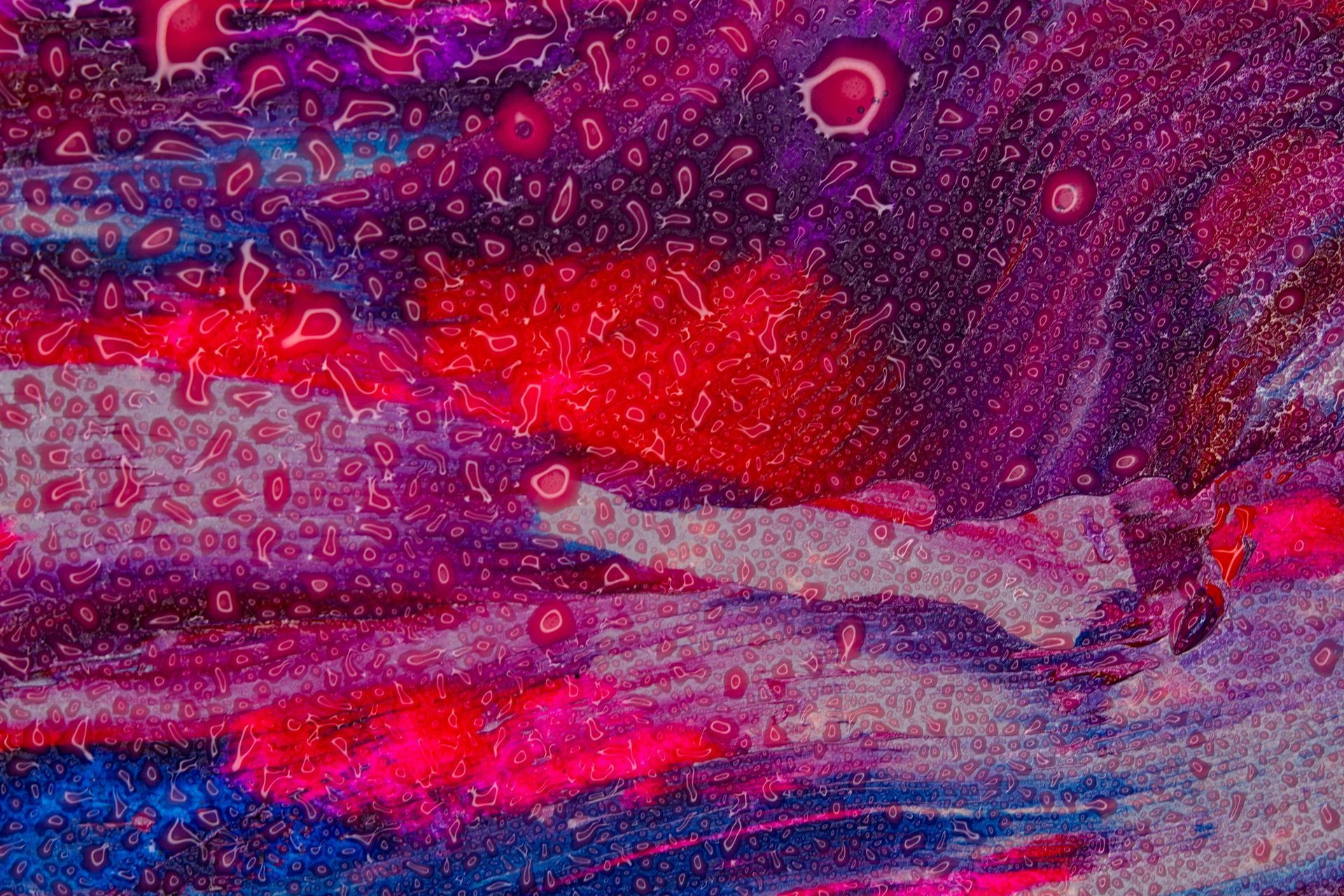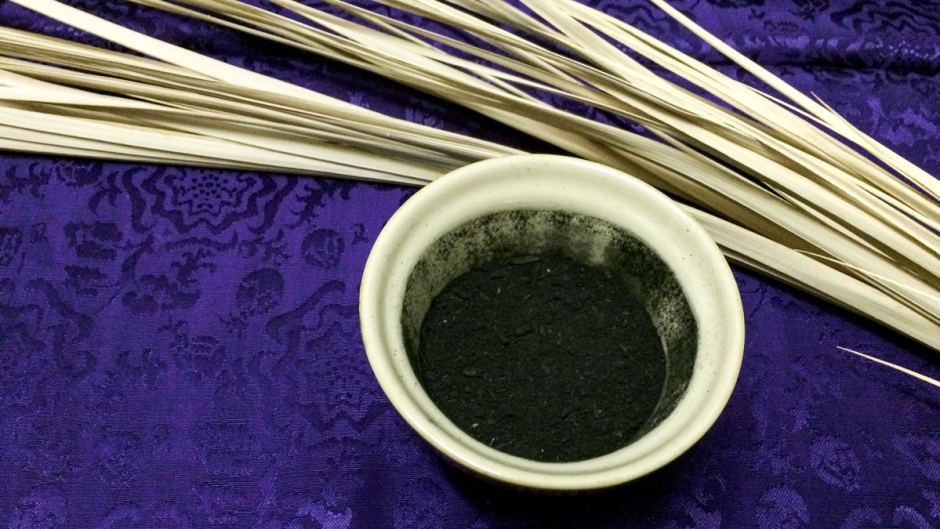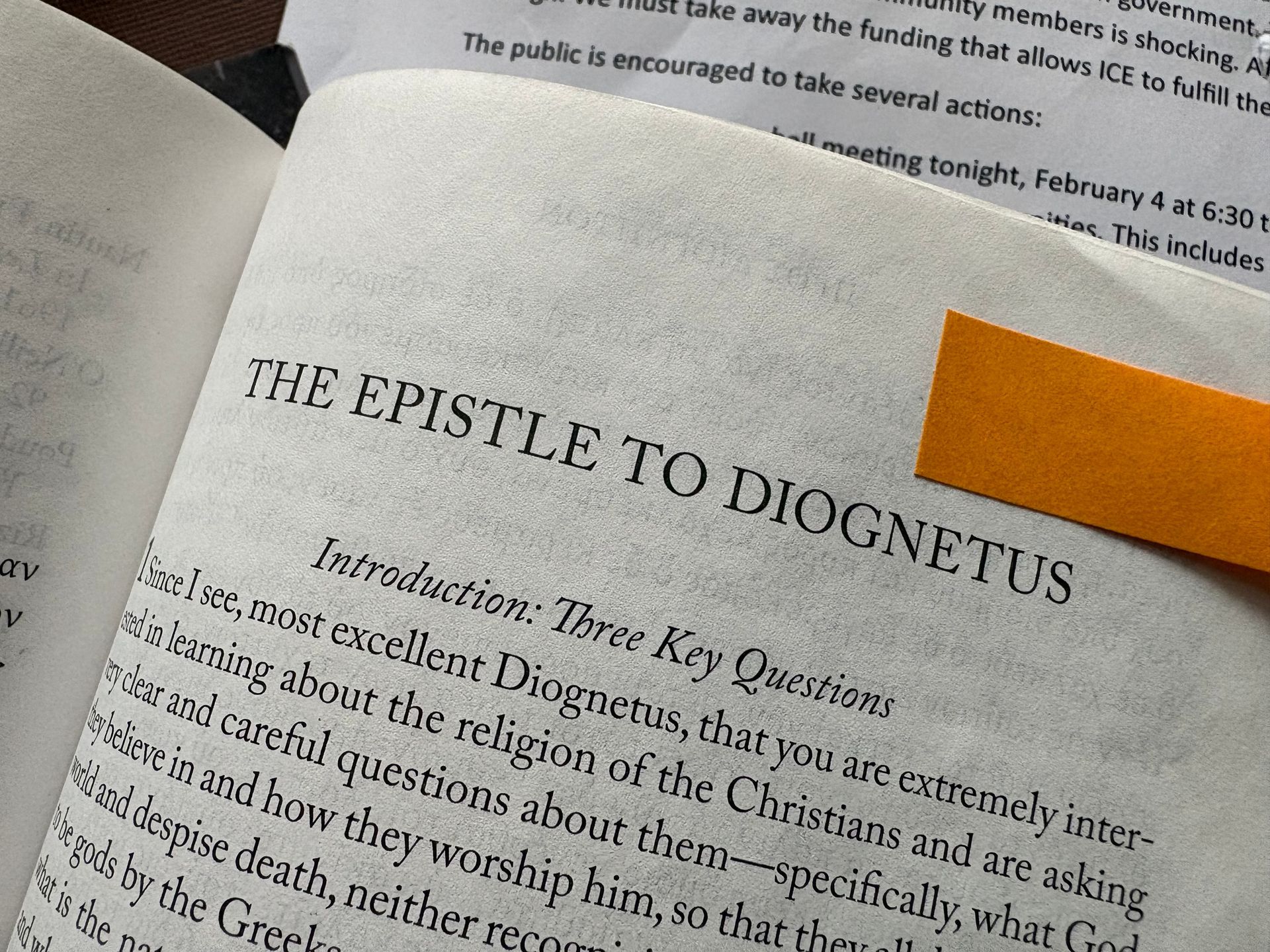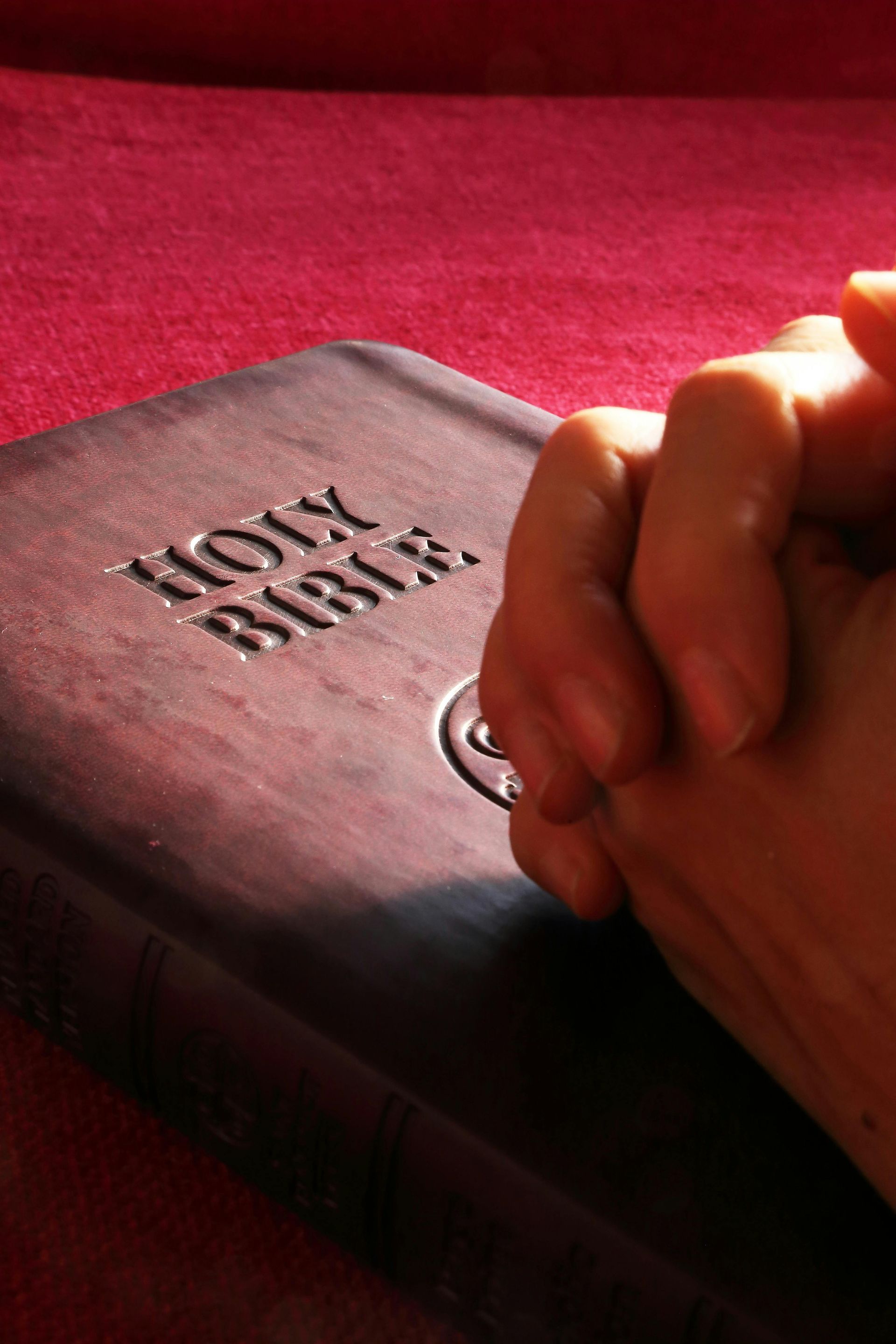Pub Theology 5/14/24 — Getting stuck and unstuck
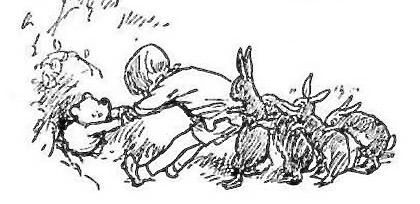
“Hallo, are you stuck?” That’s the question Rabbit poses to Winnie-the-Pooh when he finds the plump bear wedged solidly in his front door following a visit that featured a little too much honey from Rabbit’s larder. Pooh, of course, first denies that he is in fact stuck. “‘N-no,’ said Pooh carelessly. ‘Just resting and thinking and humming to myself’.” But both he and Rabbit know the truth. Pooh is well and truly stuck, and there’s not much he can do about it.
I was thinking about this the other day when confronted with a really big task but no clear (at least to me) way to dive into it. Like Pooh, I felt stuck. Like Pooh, there was no going back, but I also saw no easy way forward. In my head I had become, in Pooh’s words, “a Wedged Bear in Great Tightness.”
So, with a nod of appreciation to A.A. Milne, the author of “Winnie the Pooh,” we’re going to talk about both getting stuck, and getting unstuck, in our conversation this week.
Have there been times in your life when you’ve felt stuck? What was that like, and what do you think was the cause? Was it a result of something you did or choices you made? For example, Pooh get’s stuck in Rabbit’s front door because he ate too much of his host’s honey during an unexpected visit. Pooh’s predicament is of his own making, as Rabbit points out: “It all comes,” said Rabbit sternly, “of eating too much. I thought at the time,” said Rabbit, “only I didn’t like to say anything,” said Rabbit, “that one of us was eating too much,” said Rabbit, “and I knew if wasn’t me,” he said.
And when you’ve found yourself stuck, in whatever circumstance or whatever that means to you, how have you managed to free yourself from that condition? How do you get your stuck self unstuck? Pooh himself could see no solution. But with time (a full week of no meals) and the help of some friends, (Christopher Robin, Rabbit, and all Rabbit’s friends and relations) Pooh managed to get out of the hole and on with the rest of his adventures. Such as they were.
We’re going to talk about getting stuck, being stuck, and how we get out of it in our discussion this week. Join us for the conversation this Tuesday, May 14, starting at 7pm at Casa Real in downtown Oxford.
